Miss U Like Hell, Manila
On homesickness, belonging, and Filipino identity at the celebration dinner for Pacita Abad
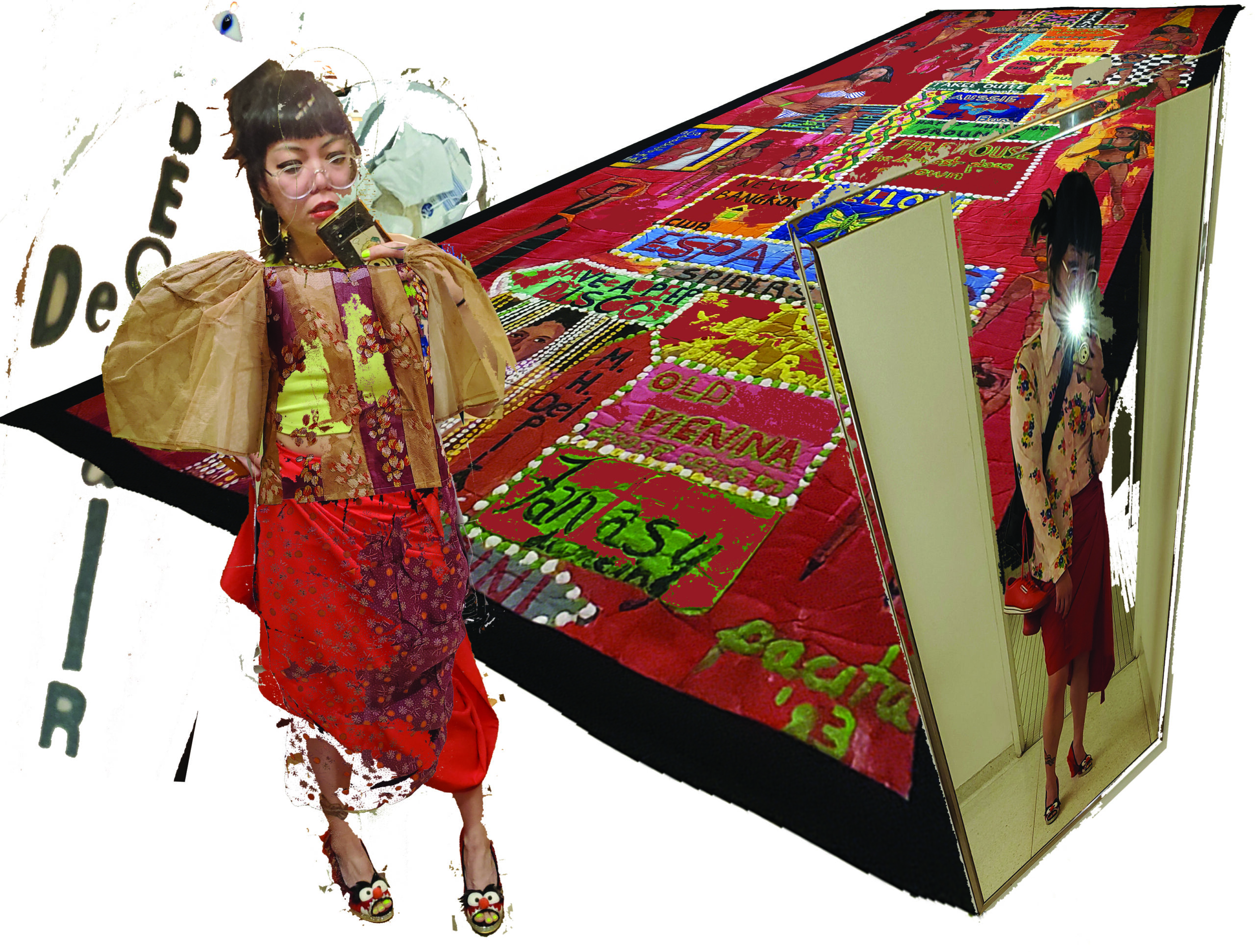
I suppose you could say that I’ve been trying to justify my life as a creative, as lately my practice has become less nuanced and more about fitting into the marginalized box of marginalized identities. Growing up in a family that purchased art from furniture stores, I was not surprised that as a Filipino-American, I was not familiar with Pacita Abad’s work. Careers in art are not an option for many immigrant families—and the inaccessibility of art was yet to explode into postmodern conversations. For those reasons, I was never privy to Art simply because I never saw it.
I was thinking of other ways to connect with Pacita’s work, and thought what better way than to attend a Filipino-inspired celebration party hosted by the Walker. I had been trying to get a free seat at the membership dinner for a few months, and at the very last minute, was able to score a seat as someone’s “sister.” This was a promising sign of a Filipino gathering, and it felt nice to be included that way, as I had been going through a rough time and was feeling the pains of homesickness.
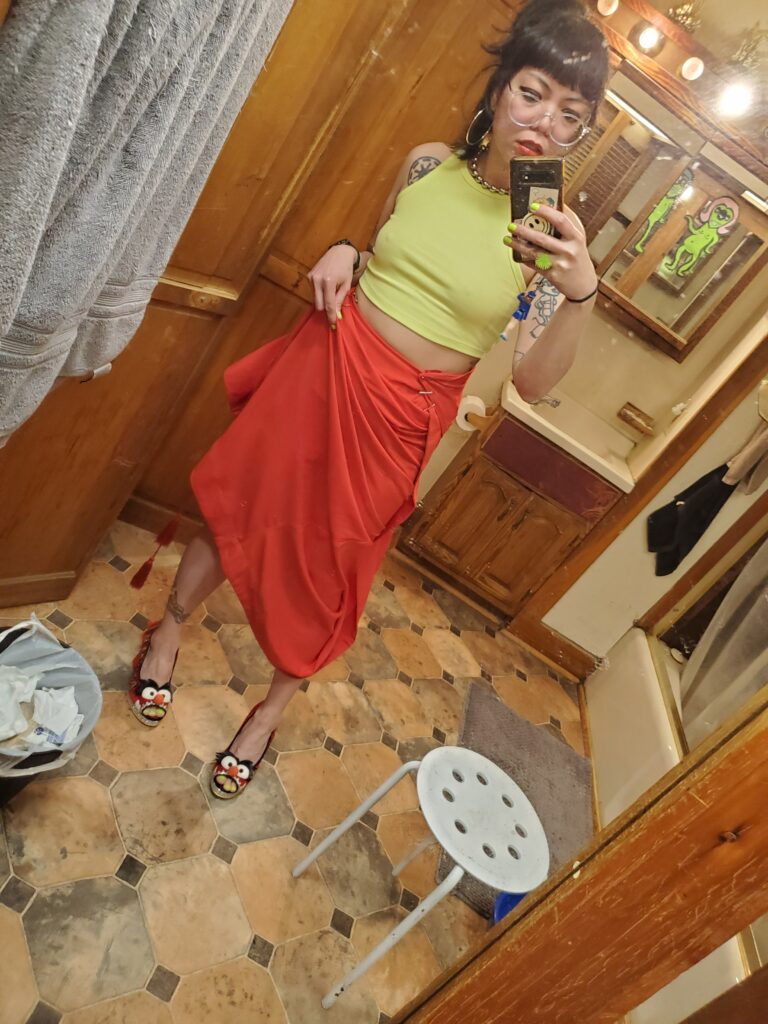
Arriving on time to what was set to be a five-hour event (I was in it to win it) I spent a lot of time experiencing Pacita’s work throughout the evening. The echo of my fuzzy heels clippity-clopping through what I found out was only one-third of Pacita’s estate reminded me of what I imagined a kalabaw (a water buffalo native to the Philippines) sounded like—walking up and down some sort of paved streets, proudly embodying strength, obedience, and hard work.
I have never been to the Philippines—nor do I speak Tagalog, which in turn has made the relationship with my heritage a complicated one. Spending the greater part of my art career investigating my identity of never quite being enough—Filipino, American, or other—I wondered what it took for Pacita to be an artist, to be enough.
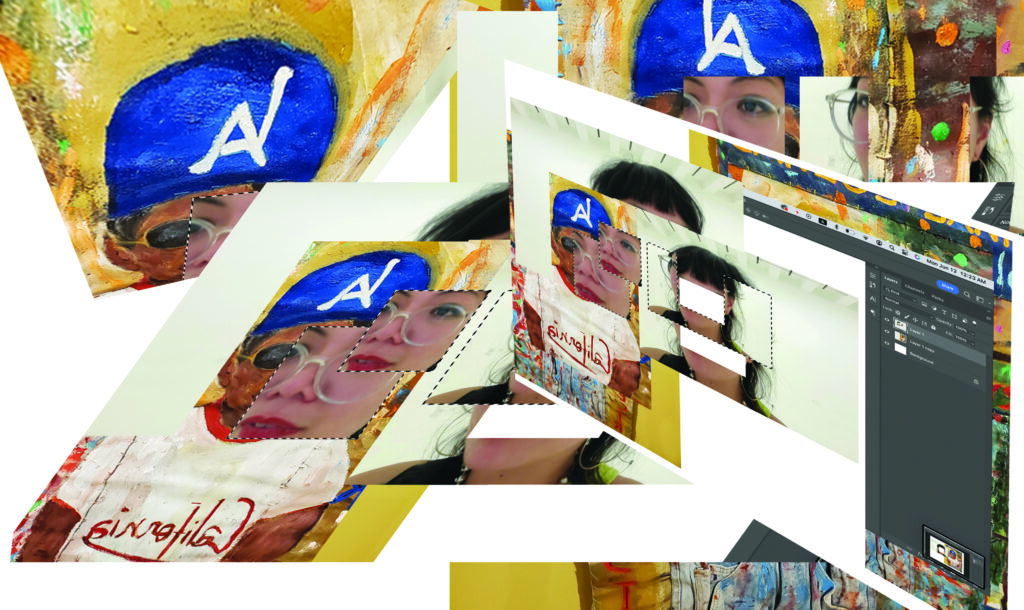
Behind plexi boxes in a small cornered room are the yellow-paged photo albums carrying ephemera of things from back home. Home is complicated for a Filipino coming from a country that boasts its overseas workers (OFWs) as one of its greatest exports—home to a Filipino is the Philippines, no matter where you are. Portable and precious treasures like magazine cut-outs, photos, and recipes become necessary when trying to combat homesickness and the violence of uprooting oneself.
When I sat down for dinner, I hesitated as I looked down at the plethora of eating utensils offered like a scene out of a movie where a lower-class citizen is introduced to high-brow culture. Finding no problem eating with our hands, eating utensils were introduced to Filipinos as a way to civilize them. Spoons and forks became commonly used for bulldozing stewed tender meat and heaps of white rice, but as many people (Minnesotans) have pointed out, the spoon is not widely used outside of soup in Western culture, thus seeming odd.
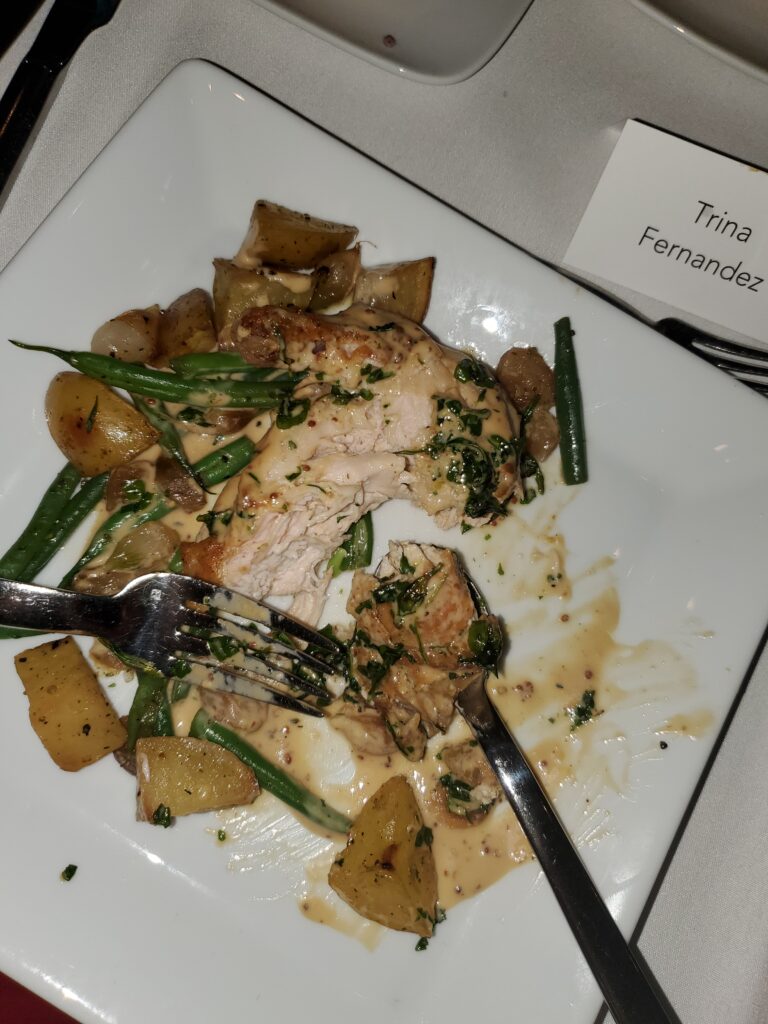
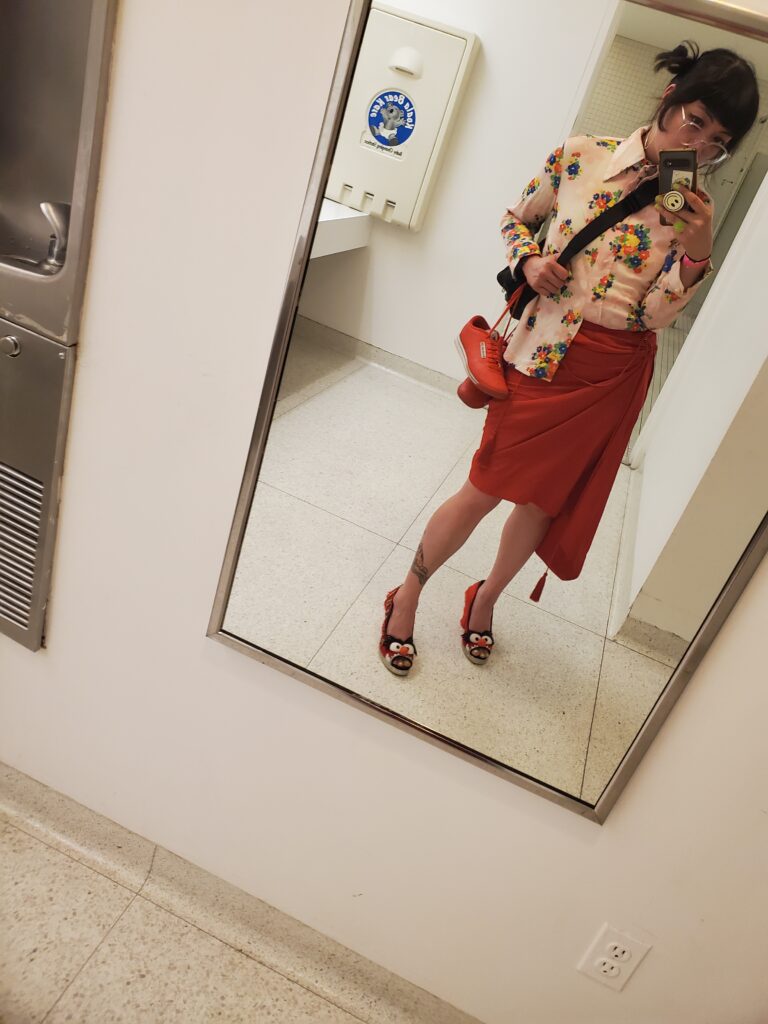
I thought about all the things Pacita had gone through, and wondered if she was ever presented with several different utensils to choose from. Picking up my spoon and fork, my Filipino “brother” followed suit.
“Oh, this is way easier.”
I paused to be present in the moment at the ease of joy. I was surrounded by stories and faces (real and painted) that reflected where I came from, the journey I’m on, and the ones I’ve yet to encounter. No experience is insignificant, and that evening I relinquished my fears of the future and worry of the past to sit in the loveliness of our own forged paths.
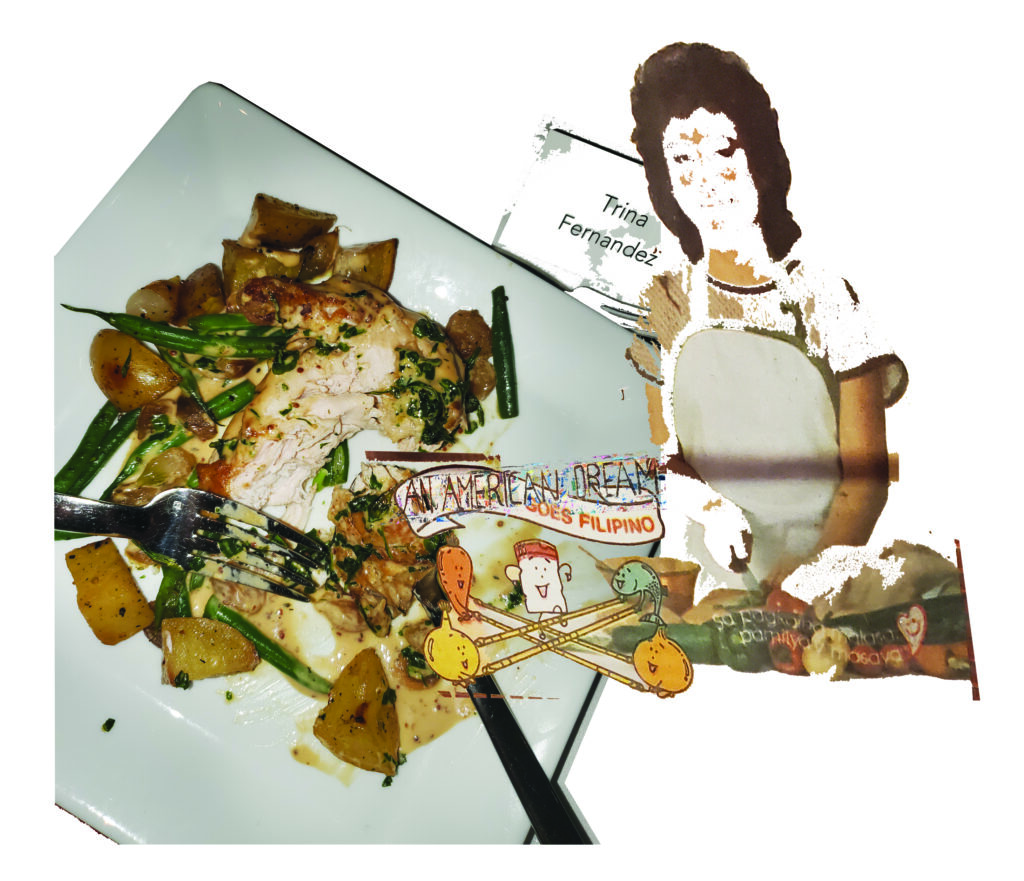
Pacita Abad is on view at the Walker Art Center through September 3, 2023. >> more information